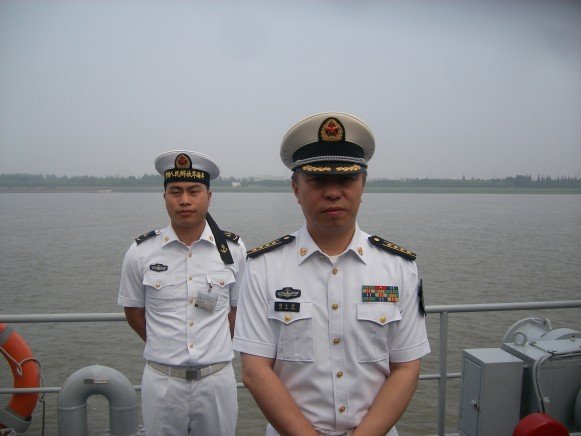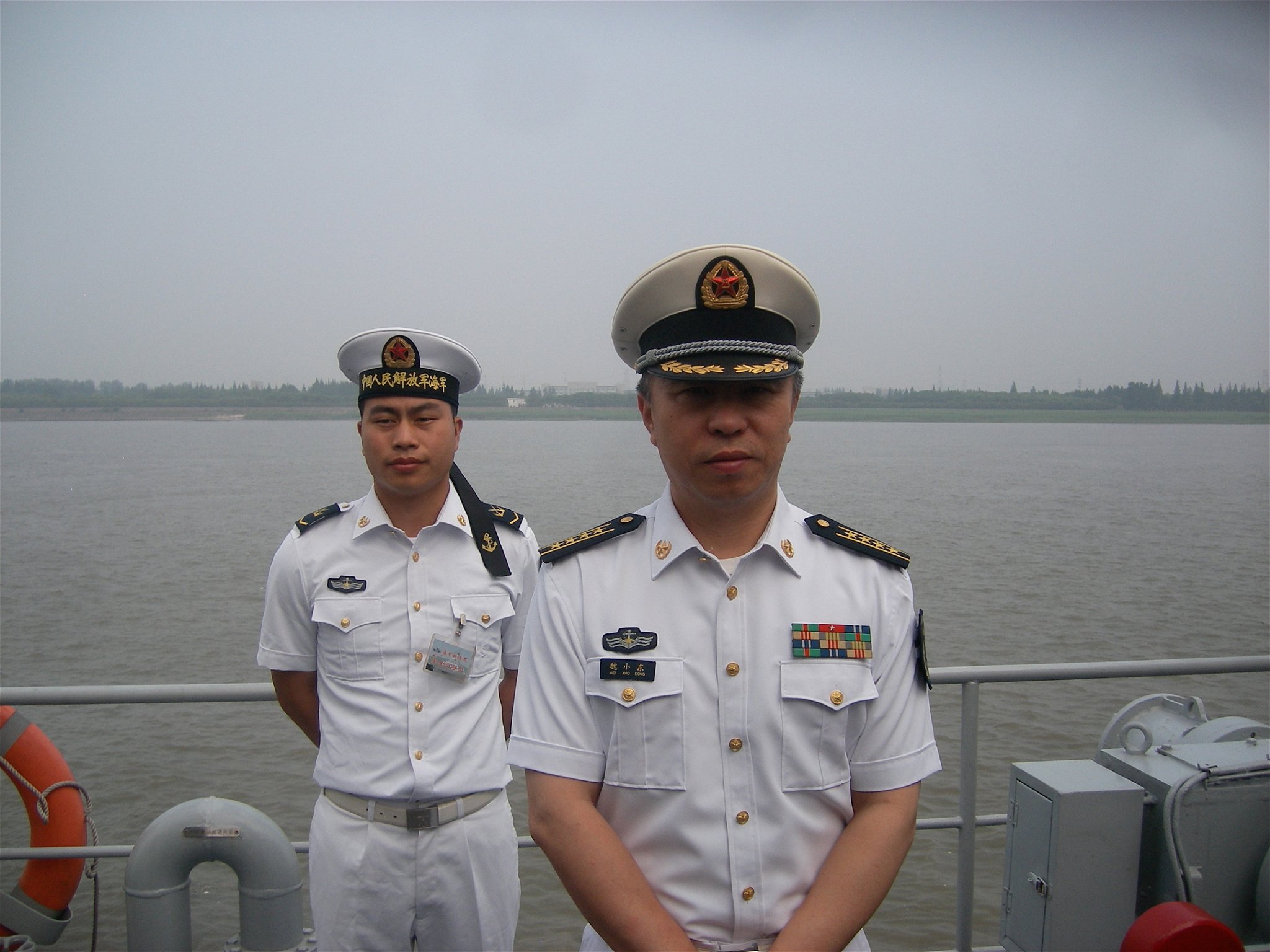Literature
No intention to surround India in 'string of pearl' bases: China

Shanghai, July 3
It's not possible for China
to surround India in a 'string of pearls' bases as has been stated by
some commentators, according to a top PLA naval official.
Senior
Captain Wei Xiao Dong, chief of staff at the Shanghai Naval Garrison
said that there was no reason for India to "show concern or worry about"
Chinese navy vessels, including submarines, visiting countries like
Pakistan, Sri Lanka, Bangladesh or others.
"China does not have a
policy of hegemony or is playing to be a military power in the region,"
Wei told a group of visiting Indian journalists. "Our policy is
defensive in nature," he said.
He said such visits were not as
common as was sometimes made out. "I have been in the navy since 1987
and I have not sailed in a warship to the Indian Ocean."
He emphasised that there was no possibility of China creating a 'string of pearls' around India.
He
said one need only to refer to China's white paper on military strategy
to realise that china only believes in a defensive approach and had no
intention of expanding its military influence to other countries.
He
said the visit to Pakistan has been noted in India with concern. But
China, he added, had an enhanced level of cooperation with India too.
"Looked
at another way, should we reduce our visits to Pakistan and increase
them to India. In such a case will Pakistan fear our cooperation with
India?" he asked. He said the relations with the two countries were only
on a bilateral basis.
He said in the past four ships from India
had visited the Shanghai base together and he "always looks forward" to
Indian ships visiting there.
He said he did not have much
information on the status of China's aircraft carrier. It was in Qindao
region for training purpose. In any case, he said the carrier was not
under the jurisdiction of East China Sea Fleet which was his area of
operation.
Wei said one of his mandates in Shanghai was to act as
anti-terrorism force and ensure peace and tranquillity in the region,
including the area's coastal cities. He said they had not come under any
terrorism-related attack, but they study such action around the world
to gain information on how to react. He was responding to a question
whether they feared an attack of the kind that happened in Mumbai in
2008 when terrorists came in boats from Karachi.
The visiting
journalists were taken on a rare tour of a guided missile frigate
Tongling docked at Shanghai and shown its fighting capabilities,
including its anti-submarine and anti-air attack capacity.
Talking
of Indian navy's presence in South China Sea, which the country, deems
to be its region, Wei said that he did not know what the "strategic
intention" of India was in the region. Indian ships had entered the sea a
few years ago when Indian public sector companies were invited to
explore oil in Vietnamese waters.
On Diaoyu islands disputed
between China and Japan, Wei said they were "part of" the Chinese
territory and it was responsibility of the navy to protect its
"sovereign areas". He said it was "legal for china to patrol the seas
around the island in order to ensure peace".
(Hardev Sanotra is
in China at the invitation of the All China Journalists' Association. He
can be contacted at hardev.sanotra@ians.in)








































